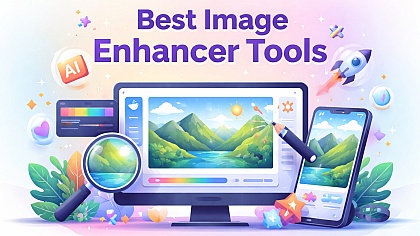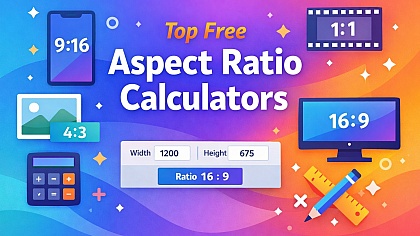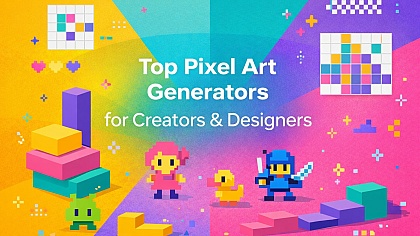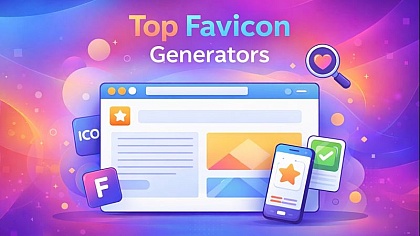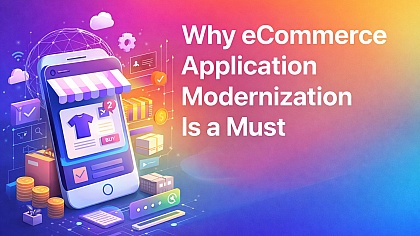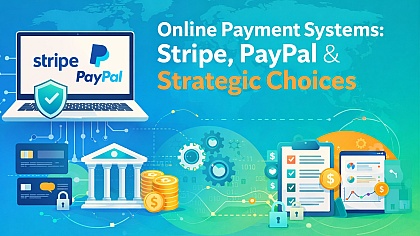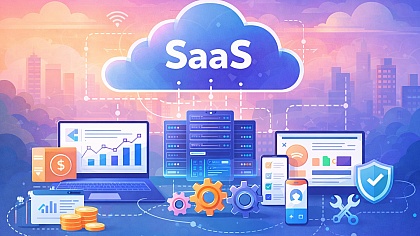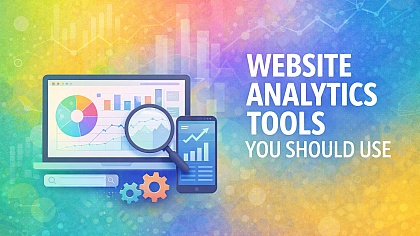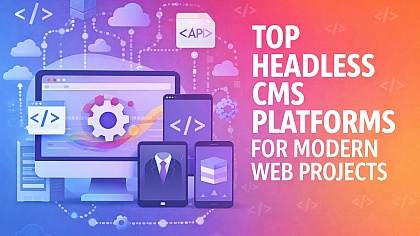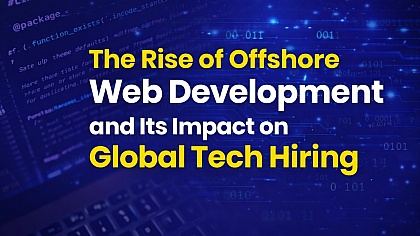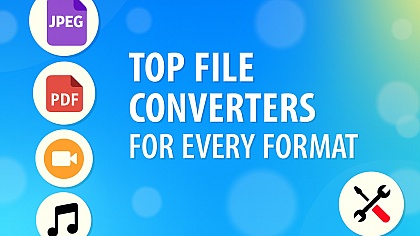
How AI is Changing the Future of SEO
Do you know that 46% businesses were using AI for personalized advertising in 2023? It’s reported by Forbes, and that was over 3 years ago. You can easily guess that AI’s use must have increased manifold by now.
So, now that you know this is serious, let’s have another one. SEO Clarity has reported that they found more than 50% SEO professionals noticed improvement in their performance by using AI. Enough with the stats, the point I am making here is that AI is not going to change SEO in some distant future; it is already doing so, and very aggressively. Not just SEO, the whole digital marketing space is undergoing a major shift.
Search engines are becoming AI-centric, so businesses and the people doing their SEO can’t afford to remain reactive. They have to become proactive and get ahead of the curve. If you think your business can manage that, fine. Otherwise, SEO consulting services like SEObyMarta can help you keep your business visible and attract customers with AI-driven solutions.
Let’s have a look at how AI is actually changing the whole SEO landscape.
Search Engines under the Influence of AI
The soul of SEO revolves around the search engine’s algorithm. Almost all search engines are continuously being embedded with AI. Take the case of Google, which controls around 90% of all queries. Its RankBrain and BERT are designed to focus on intent and context behind the user’s queries. The days of focusing just on keywords are gone. Google’s AI-powered Natural Language Processing is the new game.
And this is just the beginning. In the near future, we will surely see deeper personalization and better integration with visuals, along with real-time learning models.
Impact on Keyword Research
Keyword research in the age of AI is entirely different from what we used to do 10 years ago. It’s still important, but now it has changed due to AI’s analytical abilities. Keyword research tools like Ahrefs, SEMrush, etc. are now AI-powered. Today, a wide range of modern SEO Tools integrate AI-driven keyword clustering, intent detection, and competitive analysis to help marketers move beyond basic metrics and build smarter, data-backed strategies.
The game has gone way beyond raw data search. User intent is the key now, and AI is fully equipped to ascertain it with fearsome precision. Proactive SEO professionals are already using this to tailor their strategies accordingly.
With the rise of semantic SEO, keyword clustering is the new norm. AI prefers that related keywords be grouped to show that the content is authoritative and is valuable enough to provide something unique. Standalone keywords and repetition of a single keyword are now a thing of the past. What it means is that now you have to create whole content ecosystems around themes if you want to compete.
AI and Content
Content is still the king. But now the dynamics have changed. Content creation is not the same as manual grinding; rather, it has become swift and smooth. AI models like ChatGPT-4, Perplexity, Gemini, etc, can now produce blog posts and write descriptions in no time, while simultaneously taking care of On-Page SEO.
But there are some risks too, as AI can create generic or incorrect content. But that’s really up to the SEO professional. If he is competent enough to leverage AI, he can produce a classic piece of content. The AI-powered search engine algorithms are also very adept at finding lapses in quality and originality. Google’s EEAT guidelines explicitly state things that make content unique.
The human factor is still very important, and combining human creativity with AI use is the only way to stay ahead of the curve.
AI and Off-Page SEO

AI has increased optimization in the realm of Off-Page SEO, but the ground rules remain the same. Backlinks are still very important, though their quantity doesn’t matter as much as their quality. As AI can quickly scan huge quantities of data, it can find out whether the links are coming from authoritative sites or not. There is another caveat here, which is topical authority. Similarly, AI can help SEO professionals a lot in finding relevant link prospects and moving away from redundant ones.
Moving on to outreach, AI automated campaigns are the norm today. These are compatible enough to create personalized outreach strategies. Businesses are reporting significantly higher response rates.
For off-page audits, AI is already providing a huge help. SEO professionals can curate it to monitor their site’s backlink profile in real time. It means that you can audit your backlinks and get rid of toxic ones before Google’s bots penalize your site.
AI and Technical SEO
AI has revolutionized technical SEO. Technical SEO has always been cumbersome and, well, technical. But with AI’s help, new dimensions are opening up. Sites are becoming more and more user-friendly. It means quicker loading and increasing mobile friendliness. You can leverage AI to improve your site’s personalization and increase engagement.
Technical SEOs can employ AI bots to mimic search engine crawlers and find loopholes in their structure. Other issues, like duplicate content or crawl errors, can also be easily identified.
AI and Search
You can say that Google’s Search Generative Experience, or SGE, is the most revolutionary change AI has introduced in SEO. It means that Google now provides AI Overviews for all queries right at the top of SERPs. The result is that Ahrefs’ research found that AI summaries alone are reducing clicks by as much as 34.5%. Informational content is coming out to be the biggest victim.
So, what to do? The answer is simple. You have to be proactive and keep pace with AI’s advancements. For instance, platforms like fintechzoom.com demonstrate how to maintain authority by acting as a comprehensive fintech resource that combines real-time financial data with AI-enhanced market analysis, ensuring they remain a primary destination for users even as search layouts change.
Now and then, we see someone saying, “SEO is dead”. That’s wrong. It’s not, and it won’t be. SEO is changing and requires a new approach. It is often called GEO or Generative Engine Optimization.
It is not enough anymore to just achieve a higher SERP; your goal should be to become an authority on the subject and get cited by AI models in their summaries. Only those professionals will thrive who can use their creativity to leverage AI for a smarter SEO aligned with user needs.

